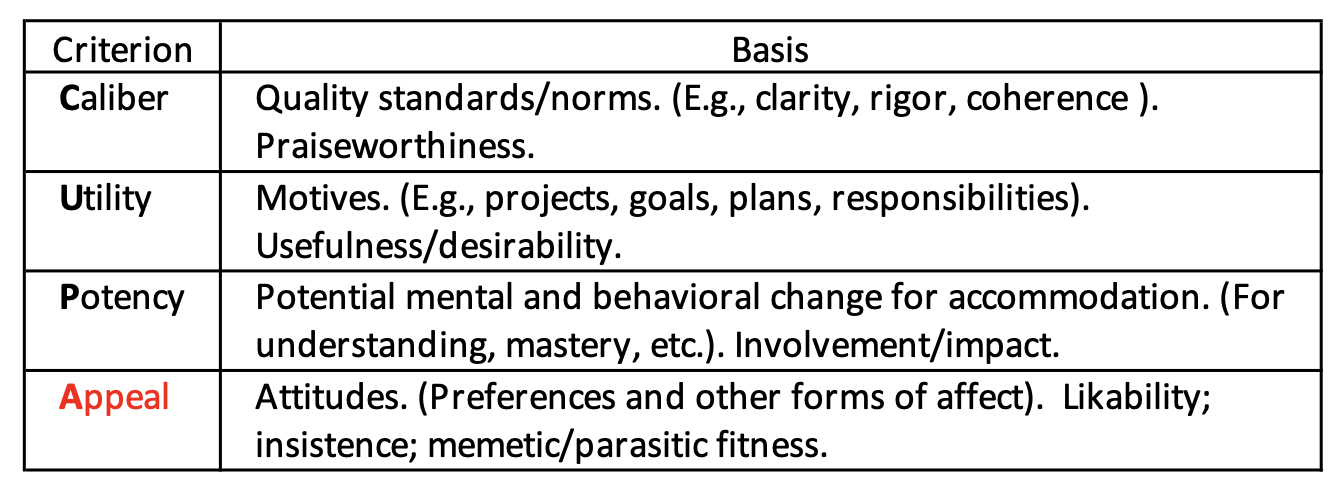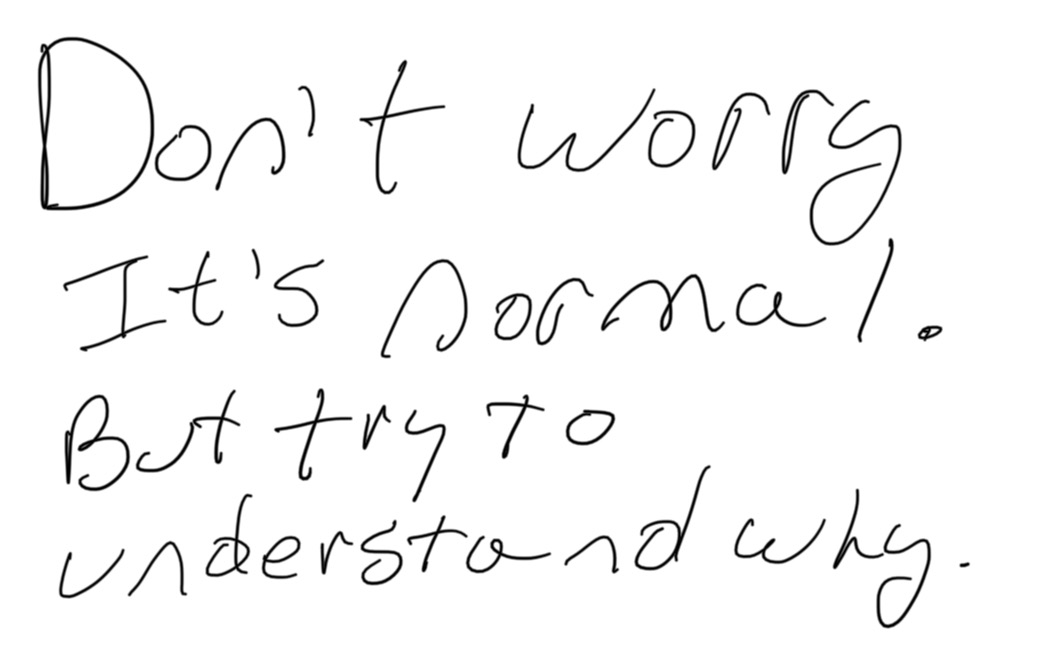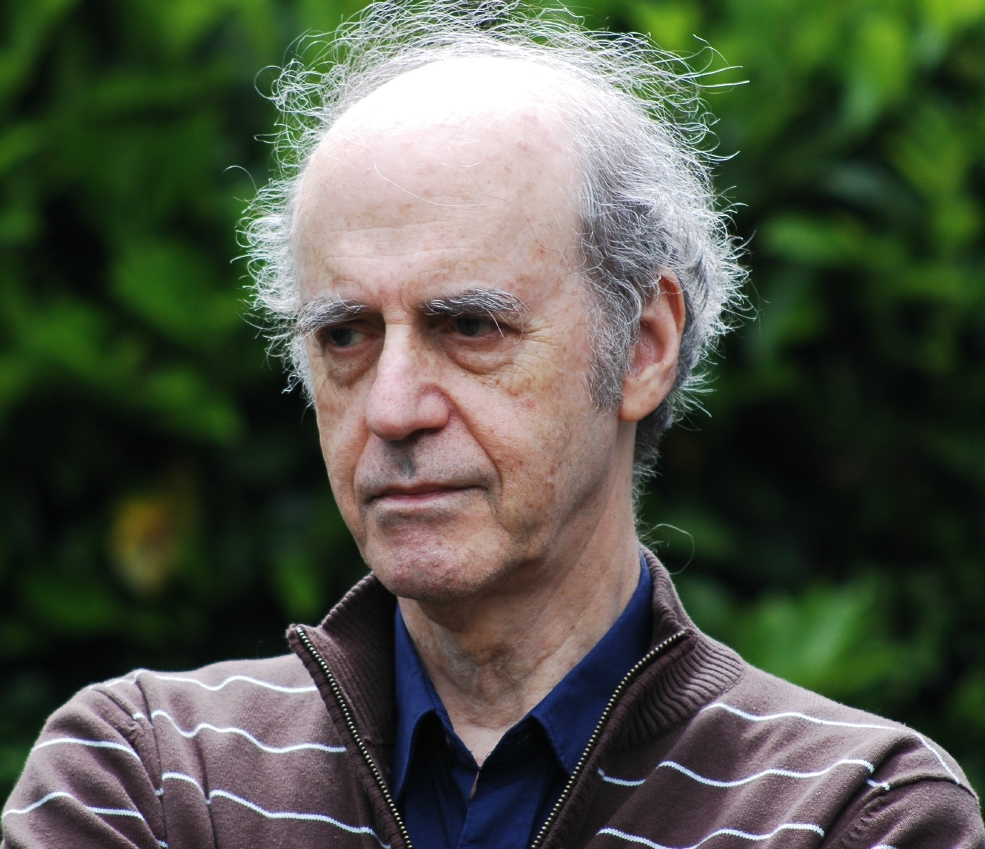Earlier this week I submitted a brief chapter called “Beyond the CRAAP test and other introductory guides for assessing knowledge resources: The CUP’A framework” for publication in the 2nd edition of the Future of Text book edited by Frode Hegland. Here’s Table 1 of the chapter:

Continue reading CUP’A and The Future of Text: On Assessing and Selecting Information


